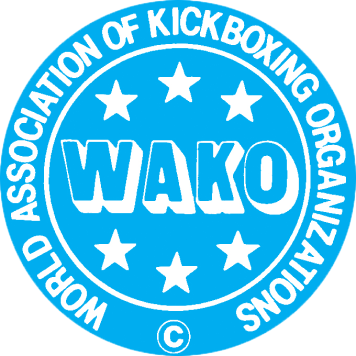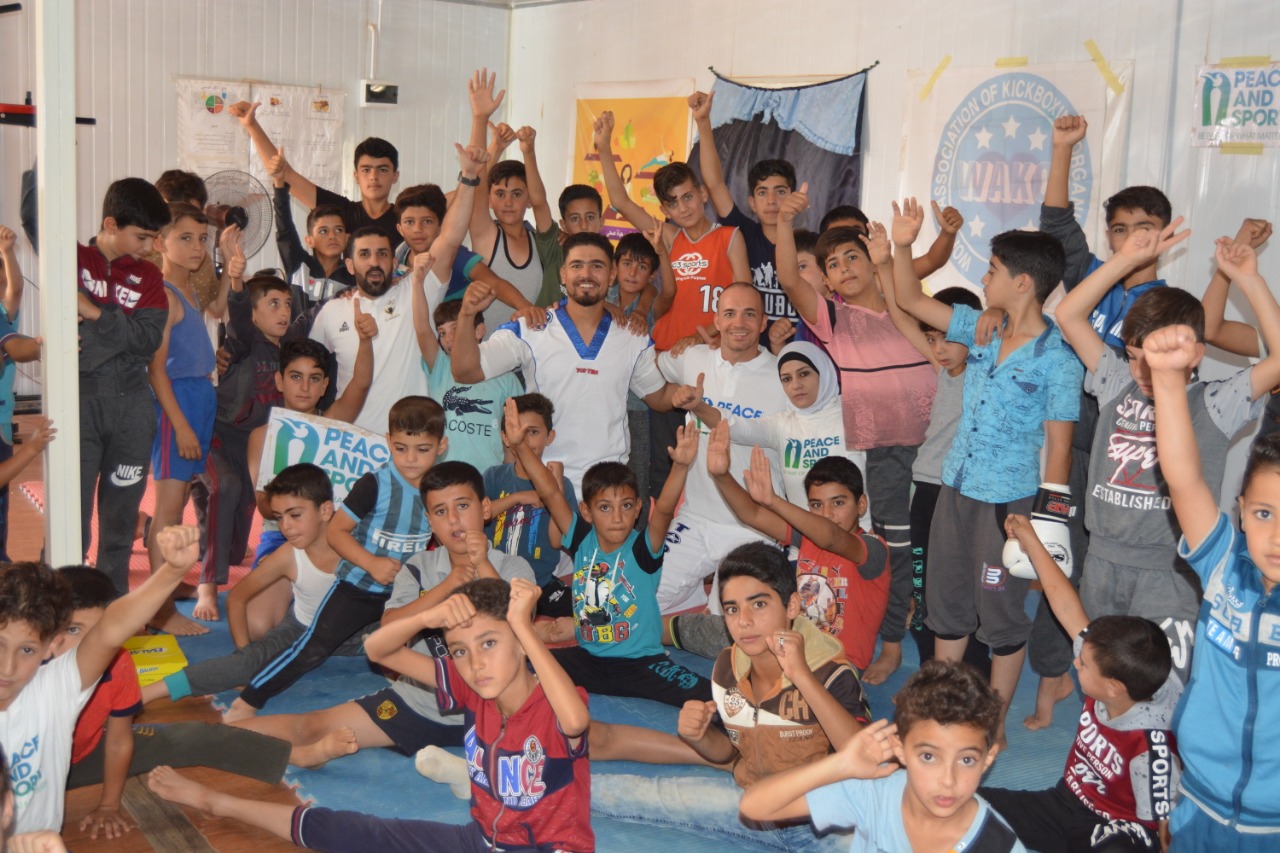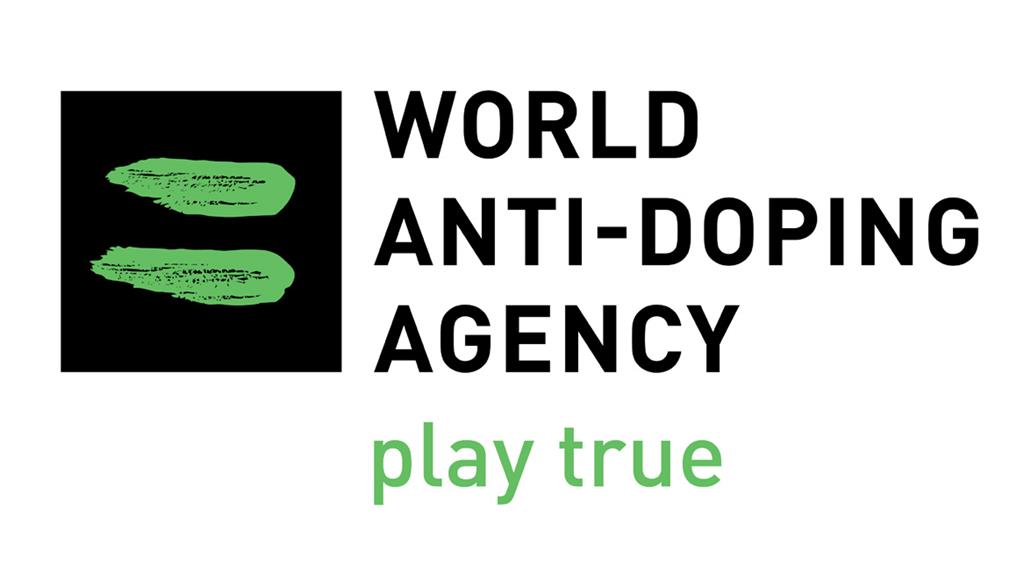Organized by the Association of African Olympic Committees (ANOCA), from July 11 to 23 Algeria hosted the ninth edition of the African Games in collaboration with the highest political authorities of the North African nation which was particularly generous and hospitable for the occasion. Since we live in particularly turbulent times, very tight security measures were imposed by the Algerian government for these Games and we noticed it from the moment we arrived at the airport in Algiers. The Gendarmes and local police were literally everywhere and all delegations, including athletes and support personnel, were always escorted wherever they went.
Since the inception of the Games in Brazzaville, Congo, in 1965, the number of participating countries and athletes in the various sports has grown exponentially. In the 2007 edition there were 9438 athletes representing 48 nations and the total number of people involved was 19,638 according to the official organizing committee. Equally impressive was the opening ceremony of the Games in the stadium of the capital city before 100,000 spectators.
Incredibly, among the 28 sports chosen by the organizing committee of this edition of the African Games was kickboxing as an “ official ” sport. This is an historic fact for the organization that I have had the pleasure of leading since 1984, a true milestone.
All this was possible thanks to the fact that GAISF &rdash one of the primary organizations under the International Olympic Committee umbrella &rdash recognized WAKO in 2006, and thanks to the excellent work done by the President of the Algerian Kickboxing Federation, Mr. Louali Mafoud, our longtime WAKO representative, within the Organizing Committee of the Games. I had known about this possibility for a year and it finally became a reality, despite the initial uncertainties.
Why uncertainties? Because the African nations affiliated with WAKO (with the exception of Algeria, Tunisia and Morocco) are rarely present at our various world championships because they are afflicted with chronic financial problems (in Cameroon the average worker earns only 20 Euros a month) and visa difficulties. To cite an example, in 2005 WAKO held part of its world championships in Agadir, Morocco, which we thought would attract heavy participation from African countries. Well, the usual North African countries were there, but we saw nothing of countries like South Africa, Namibia, Gabon, Nigeria and Sierra Leone, countries that have been part of WAKO for some time. Evidently they were unable to obtain the necessary visas from the local authorities because there was no co-operation between them. Furthermore, it seems that travelling from Johannesburg to Agadir costs much more than from one part of Europe to another. Therefore, the scepticism about the success of these Kickboxing African Games was quite legitimate.
I went to Algiers last November and together with Louali Mafoud we decided to have only men’s full contact competition as part of the Games in order to facilitate the participation of the greatest number of countries possible, since full contact is widely practiced there. As luck would have it, with the Games being organized by the various Olympic Committees, we had their direct involvement in the kickboxing tournament as well as their financial support for the travel and lodging expenses of our athletes. For the kickboxing competition to be counted in the “ official ” medal count along with all the other sports, we needed the full contact tournament to include at least five countries. There were ten, thanks to some politics: South Africa, Mauritius, Zimbabwe, Kenya, Nigeria, Gabon, Cameroon, Senegal, Tunisia and Algeria. Due to historical/political problems, Morocco &rdash clearly one of the strongest among kickboxing nations &rdash was not present because it is not part of the African Games. Egypt was present, but owing to an internal feud between the two leading kickboxing organizations, the Egyptian Olympic Committee denied its support to both sides, thus the Egyptians became mere spectators.
The full contact tournament saw the participation of 57 athletes in a sports hall in Boumerdés, a town just outside of Algiers. I was accompanied by a WAKO staff consisting of Jens Walsberdorf, the software expert for all WAKO tournaments, two Croatian judges, Darko Kalabic and Predrag Zanor (who is also President of the Croatian Kickboxing Federation) as well as two Italians, Roberto Fragale and Flavio Brivio. All of them have proven experience which assured the tournament would enjoy maximum impartiality, respect of WAKO’s international rules and perfect execution of the events, independently of the referees and judges that the African countries sent to Algiers.
It didn’t take a genius to realise that if I hadn’t brought with me qualified and impartial people we would have had serious problems.
We managed to hold a training session for all the referees and judges who came for the tournament in which we went over uniform hand signals and judging criteria. During the competition we constantly used two European judges, allowing us to train and supervise two African referees/judges at a time.
The tournament lasted 4 days and I must say everything went smoothly, except for a pair of discussions with Mr. Essissima of Cameroon and Mr. Boubacar of Senegal about decisions they didn’t agree with, which is certainly not unusual. As for the rest, the organization ran like a Swiss watch.
Recalling that the first WAKO European championship took place in 1978, you will understand how far the Africans are behind in terms of kickboxing experience. However, I must also admit that I saw a very well-trained and competitive Algerian squad, a Tunisian team that was the principal rival of the Algerians and some individuals from Nigeria, Cameroon, Gabon and Mauritius who impressed me. Less impressive were the athletes from Zimbabwe, making their first appearance in international competition, and South Africa.
Many of the kickboxers in the tournament clearly came from a background in taekwondo rather than karate. This was evident from the way they handled their matches, from their kicking technique and from their lack of boxing skills. While their kicking was at times spectacular (roundhouse, axe and spinning back kicks), it was not very efficient or precise. Though they were competitive with a great desire to win, they sometimes seriously lacked punching effectiveness and the ability to absorb incoming blows.
Aside from these technical factors, no one can take away the great political-sports importance of this tournament that sanctions the entrance of kickboxing into the ranks of official sports of the African Games which will next take place in Zambia in 2011.
Clearly, during the next 4 years I believe that in Africa there will be an explosion of our sport. The authorities I saw in Algiers are now profoundly dedicated to spreading kickboxing to the rest of the African continent. Therefore, in Zambia, where other WAKO disciplines will certainly be introduced, there will be many more participating countries and athletes, and the technical level is sure to improve considerably. Obviously, the Africans will need coaching to learn the best training methods, but with the physical qualities we saw in Algeria I don’t think it will take long for them to reach the levels of excellence of the most evolved European and American countries.
This is the challenge that they accept with pleasure, together with the struggle against AIDS, hunger, thirst, tropical diseases and underdevelopment which claim millions of lives every year in the continent that no longer wants to be called “ dark ” . There are already superstar African athletes in track and field, soccer (South Africa will host the FIFA World Cup in 2010), golf, cricket, rugby, tennis and boxing. I don’t see why they shouldn’t also succeed in kickboxing. You can bet on it.
AFRICAN GAMES: THE WINNERS OF THE FIRST EVER FULL CONTACT TOURNAMENT
FULL CONTACT
Kg. 51 &rdash LAMINE BOIUREKNA (ALGERIA)
Kg. 54 &rdash HAPPY OTTAH (NIGERIA)
Kg. 57 &rdash MOHAMMED ANIS BEN AMMAR (TUNISIA)
Kg. 60 &rdash B RAHIM ANANE (ALGERIA)
Kg. 63 &rdash KHALED BEGUI ALGERIA)
Kg. 67 &rdash NABIL DEGHIM (ALGERIA)
Kg. 71 &rdash ABDERRAMAN BENMALI (ALGERIA)
Kg. 75 &rdash MOUHAMED SEIF KHALIFA (TUNISIA
Kg. 81 &rdash JUSTIN ANGOME NDONG (GABON)
Kg. 86 &rdash FAYCAL DEGHIM (ALGERIA)
Kg. 91 &rdash YACINE LAMRANI ( ALEGRIA)
Kg.+91- DANIEL ARMAND ANYUZOA BEKONO (CAMEROON)
To see the other medallists, please go to COJA’s web site clicking on the button at the bottom of the home page of this web site.




